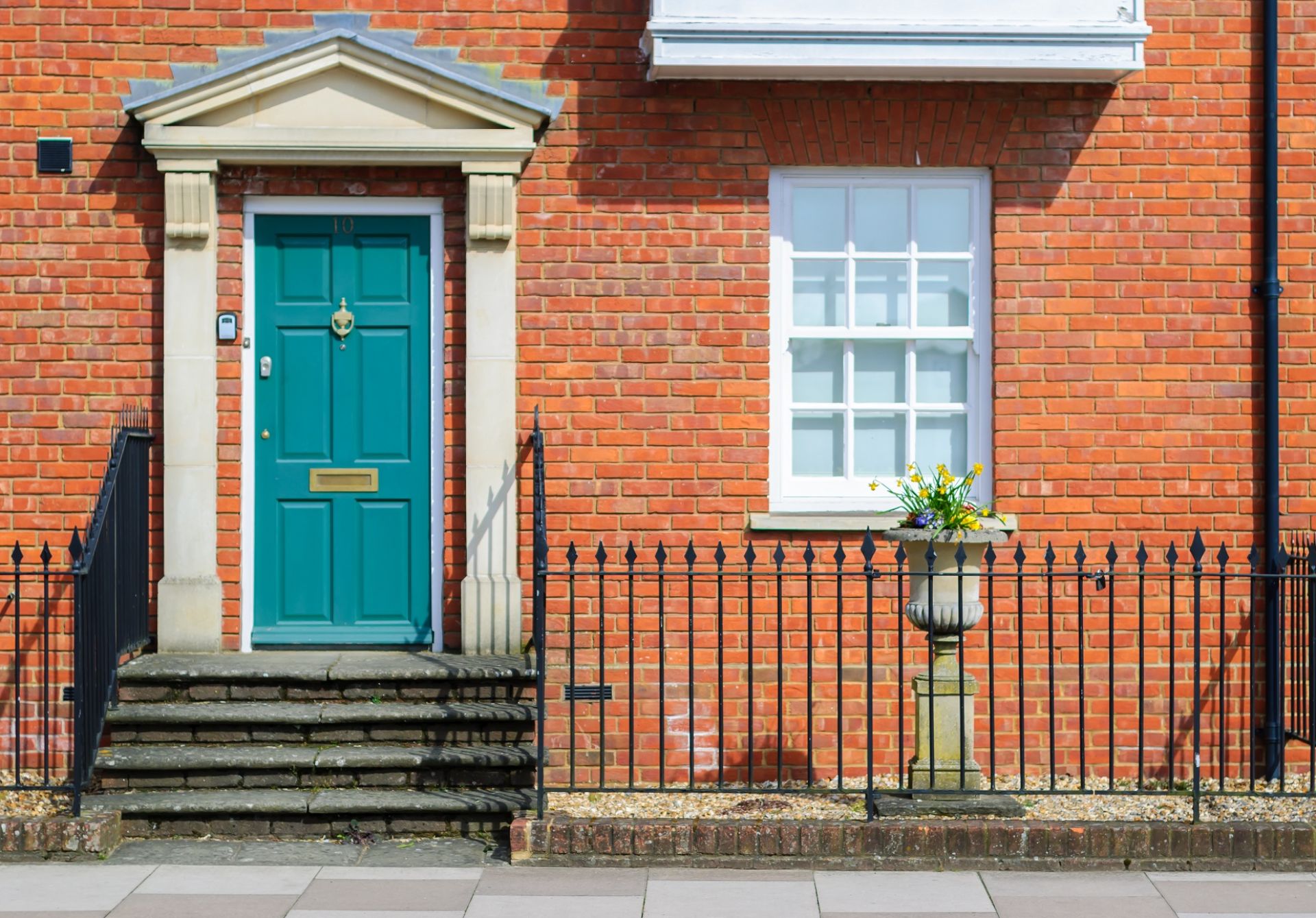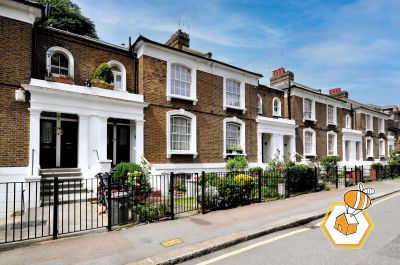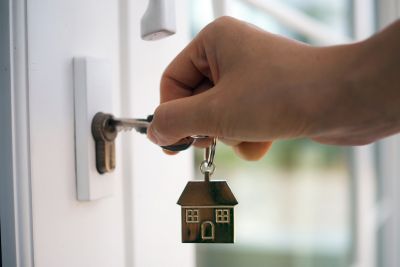With the difficulties in getting on the housing ladder, more people in Britain are renting their homes rather than buying. And with the increased demand for rental properties has come a rise in the number of individuals who find themselves as landlords almost by accident.
You might be relocating for work or moving in with a new partner and don’t want to (or can’t) sell your existing home. Renting out your house or flat can earn a little extra and cover your costs while you are not living in it. Whatever your reason here are 10 key steps you can take to ensure everything goes smoothly.
Before you decide to go ahead
Do your homework before you start and you’ll avoid nasty surprises later.
1. Understand the finances
When deciding to rent out your home, do your sums and make sure it really will be worthwhile.
£700 a month rent doesn’t mean you’ll have that amount in your pocket every month. You’ll need to consider expenses like fees, the cost of maintenance and there will be periods between tenancies where you’ll have no income.
Then there’s tax. Remember, you’ll need to pay income tax on your profits and if you later sell up there could be capital gains tax to pay. Also consider the impact of the increased rate of stamp duty on buying a second home if you plan to purchase another property.
2. Get permission
If you have a mortgage, then you will need permission before letting out your property. Many lenders will grant a “Consent to Let” and let you continue on your existing deal. However, some will require you to convert to a “Buy to Let” mortgage.
And don’t forget to talk to your insurance company too.
3. Find a good Lettings agent
Good lettings agents have a wealth of knowledge about the local property market and can give you lots of advice.
As well as an idea of the rent you can receive, they’ll know what’s in demand and what tenants are looking for.
4. Target the right tenants
Be clear on who you intend to rent your property to, so you can market it appropriately and set sensible criteria. By taking into account local demand you’ll increase your chance of letting your property quickly and at the best rent.
For example, a no pets rule is fine for a 1 bed flat aimed at young professionals, while you may need to be more relaxed if you want to attract families who will stay long term.
This is also the time to decide whether you want to let your home furnished or unfurnished.
Again, the advice of a good local agent will be invaluable.
Getting your property ready
5. Fix any maintenance issues
Even the very best tenants won’t take care of your home quite like you do. So sorting out any minor problems will save you lots of trouble (and money) down the line. Fix niggles like dripping taps, broken sealant round the shower, loose shelves etc
If you have a garden give this a good tidy up too.
6. Do a deep clean
Really – it’s worth it.
7. Depersonalise
It’s time to stop thinking about your property as your home and start treating it as an asset that needs to earn it’s keep.
And for that you need to make it attractive to prospective tenants whose tastes may not be the same as yours.
If bright yellow walls are your thing, then a couple of coats of Magnolia are in order – sorry!
And don’t be like one landlord who left a nude painting of his ex in the bedroom (true story).
8. Don’t overspend
While it’s good to freshen and tidy up your property, keep a sense of proportion when deciding how much work to do and what to spend.
Think about your prospective tenants and what they will expect or need. If you are aiming to rent a luxury property to business executives, then it can be worth spending on redecoration and high end appliances to attract a premium rent.
But if you have a 3 bedroom family home then brand new carpets won’t be necessary unless yours are badly worn or stained.
Life as a landlord
9. Get your agent to manage it for you
There are now so many rules and regulations around letting properties that it makes sense to let an expert handle it for you (and avoid any 2am phone calls).
From gas safety to PAT testing, it’s difficult for an amateur landlord to keep up – not to mention time consuming dealing with every little issue (and some tenants are expert at finding these!).
10. Keep records
Make sure you keep all receipts and stay on top of your accounts so it’s not a mad rush at tax return time. Then you keep sleep easily and enjoy the rewards of being a landlord.
Thinking about letting out your property? We are here to help, just give us a buzz today on 01302 247754 for honest advice and to book your free rental valuation.










